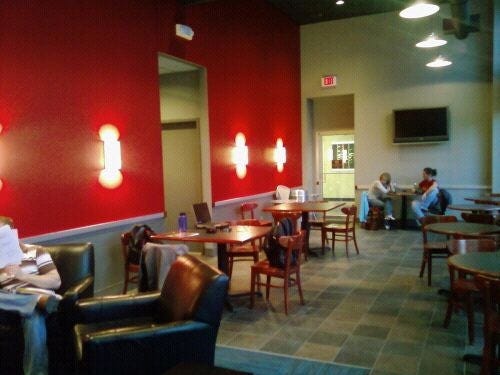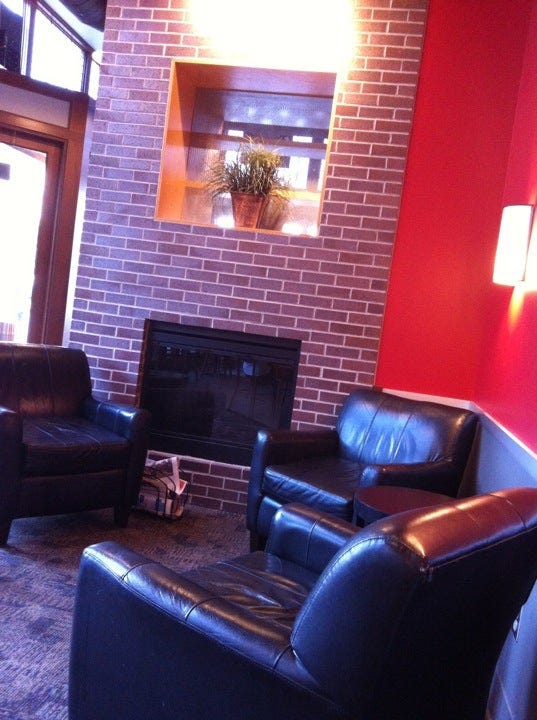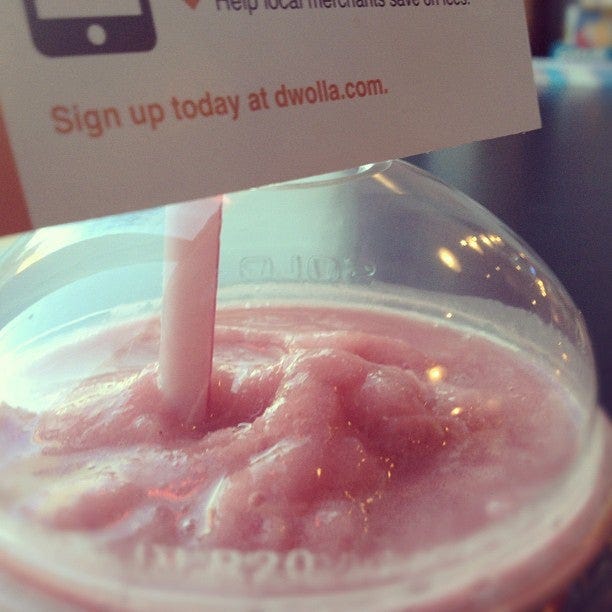The term "startup" has a long history, with its origins tracing back centuries. Modern usage began around 1976, but the contemporary meaning has been around for about 20 years. Today, a startup typically refers to a venture-funded company in its early stages, often staffed by young employees carrying MacBooks and wearing Patagonia vests. These companies frequently boast multi-billion-dollar total addressable markets, have predominantly male leadership teams, embrace the mantra of "moving fast and breaking things," and reject the traditional trappings of corporate America.
Central Iowa started to exhibit some of these characteristics a bit later than places like Silicon Valley, New York, and other major cities. I became part of the Des Moines startup scene in the late 2010s, after my previous business path ended following a partnership separation (which I call a "partner divorce," though the subculture refers to it as a "founder exit"). The energy at the heart of the subculture was palpable, centered around a coffee shop on the corner of 6th Avenue and Mulberry Street.


This story isn't about a founder or a company; it's about a place that sits at the heart of central Iowa's startup subculture. Its timing, presence, and location are crucial to upcoming stories. Amici filled a gap left between the closure of Des Moines' first coworking space, Impromptu Studios, and the launch of Gravitate Coworking. Amici became the little engine that could.
Owned by Kum & Go and its parent company, known for their love of all things Italian, Amici launched in 2005. Its last two locations were the downtown epicenter and one near my home in Grimes, Iowa (which, incidentally, was also the location of my "exit-divorce").
Kum & Go didn't just serve up great coffee at excellent prices; they made Amici a haven for startups and entrepreneurs. When Dwolla gained traction in early 2011, bringing digital payments to life well before Venmo, Apple Pay, and Google Pay, Amici became one of the first corporate customers to sign up and promote these digital payments. This act of a “corporate first customer program” remains rare across our startup landscape today. Amici's willingness to test, adopt, support, and advertise Dwolla not only legitimized the startup's place in the digital payment ecosystem but also highlighted the inseparable connection between startups and established companies.
As it was then known, the Midland Building increasingly leased space to other startups, including Dwolla and Torsion Mobile. SPN was its most visible tenant. SPN's Des Moines office, led by Geoff Wood, published a steady stream of written and podcasted startup stories. SPN even inspired the Des Moines Register and the Business Record to dedicate nearly full-time resources to the burgeoning startup community. It was no surprise that Amici's demise was eulogized by Geoff himself in an SPN article archived at the Nebraska Journalism Trust.
Entrepreneurs and Wantrepreneurs flocked to the comforts of this coffee shop. The region’s first few Startup Weekends were planned in the room below. Journalists wrote their stories here and the space and street provided backdrops for many portraits.


Why are places like this important? What makes a basic coffee shop slinging $2 Americanos to entrepreneurs attractive? Why don’t they simply work from home?
Simple - places like this enable creative collisions
The earliest technology writers chronicling Silicon Valley’s successes often spoke about its subcultures. You couldn't walk into an In-n-Out Burger in the valley without spotting employee badges from Intel, Cisco, Sun, Oracle, AMD, and many more. These individuals, fiercely competitive in the market, were still builders and technologists at heart. Their ‘creative collisions’ (thanks, Christian Renaud!) sparked conversations and discoveries that led to the formation of new companies, much like their employers years or decades earlier.
Although Central Iowa had the raw materials—engineers, builders, funding entities, government, economic developers, attorneys, bankers, and corporates—they lacked a place to comfortably convene. Talent was confined to their employers or at home.ome.
Amici busted that open
Amici enabled Christian Renaud and me to plan and create StartupCity Des Moines a couple of blocks up from Amici. Geoff started Gravitate Coworking a few years later a few floors up. Fueled by drinks served up by Rachel behind the counter (anyone know where she went?), newcomers to the community like K.V. of Cerebral Infotech found mentorship and support and went on to build sizeable companies that continue to succeed and grow today.
Gravitate, Frontier Coworking, the various Starbucks, Caribou Coffees, accelerators, and conferences all owe their origins to the risk that Kum & Go corporation took with its own venture. By converting a for-profit coffee shop into a version of open-source community, they laid the groundwork for a thriving ecosystem, stepping back just as their successors were ready to take the reins.
A popular habit in the startup world was Foursquare check-in via their eponymous app. Thanks to these check-ins, the user-submitted photos linked in this article were made possible. My thanks to the anonymous photographers. Mulberry Street Tavern replaced Amici Espresso, and the building has a new identity. So, as you sit and sip the fantastic Black Manhattan or one of their fantastic rotating cocktails, raise your glass to an iconic landmark that sits in the hearts of entrepreneurs across the region.
Amici, you’re missed.
Sources:
Memories
Where do Entrepreneurs….hang out, Geoff Wood, June 2011
Amici Espresso Closing Last Locations, Nov 2013
I am a proud member of the Iowa Startup Collective, a group of writers exploring entrepreneurship across Iowa. Please check out my peers at this column roundup






Remember the time Kasey McCurdy made the Blair Witch-style mockumentary about the haunted Midland Building?
https://youtu.be/eSlQnZSNOJ0?si=O34TzhEA9VrZyWx2
I still remember when I was interning at Dwolla. I was on the community builder team and we'd check with Amici to hear how customers were using the app, what employees needed to be successful, and many other lessons. It really was a cool space to be and I'm so glad you documented it here!